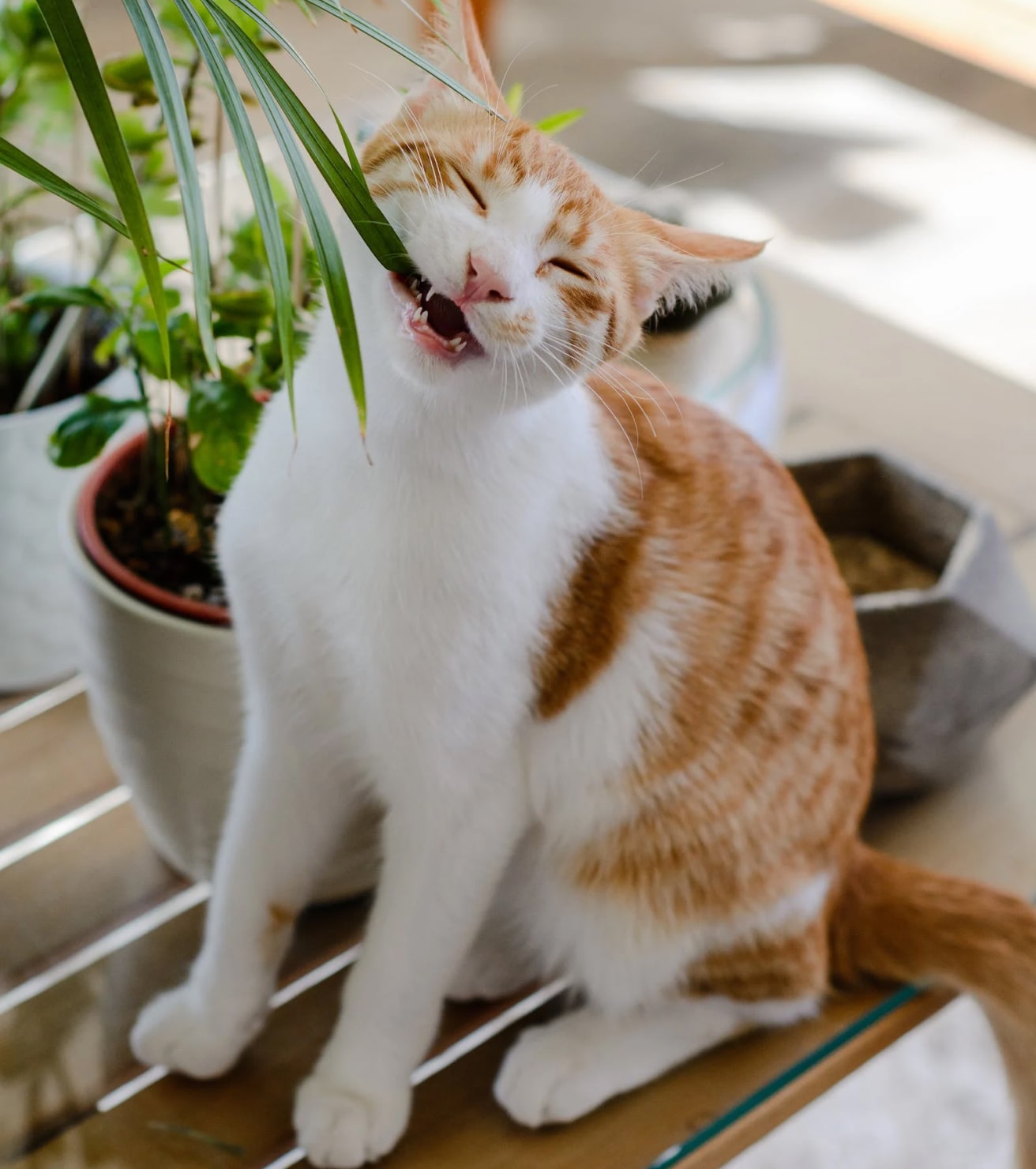What is biophilic design?

Chances are there wasn’t collaboration, communication, and checkpoints, there wasn’t a process agreed upon or specified with the granularity required. It’s content strategy gone awry right from the start. Forswearing the use of Lorem Ipsum wouldn’t have helped, won’t help now. It’s like saying you’re a bad designer, use less bold text, don’t use italics in every other paragraph. True enough, but that’s not all that it takes to get things back on track.
I’ve heard the argument that “lorem ipsum” is effective in wireframing or design because it helps people focus on the actual layout, or color scheme, or whatever. What kills me here is that we’re talking about creating a user experience that will (whether we like it or not) be DRIVEN by words. The entire structure of the page or app flow is FOR THE WORDS.
If that’s what you think how bout the other way around? How can you evaluate content without design? No typography, no colors, no layout, no styles, all those things that convey the important signals that go beyond the mere textual, hierarchies of information, weight, emphasis, oblique stresses, priorities, all those subtle cues that also have visual and emotional appeal to the reader. Rigid proponents of content strategy may shun the use of dummy copy but then designers might want to ask them to provide style sheets.
Websites in professional use templating systems. Commercial publishing platforms and content management systems ensure that you can show different text, different data using the same template. When it’s about controlling hundreds of articles, product pages for web shops, or user profiles in social networks, all of them potentially with different sizes, formats, rules for differing elements things can break, designs agreed upon can have unintended consequences and look much different than expected.




